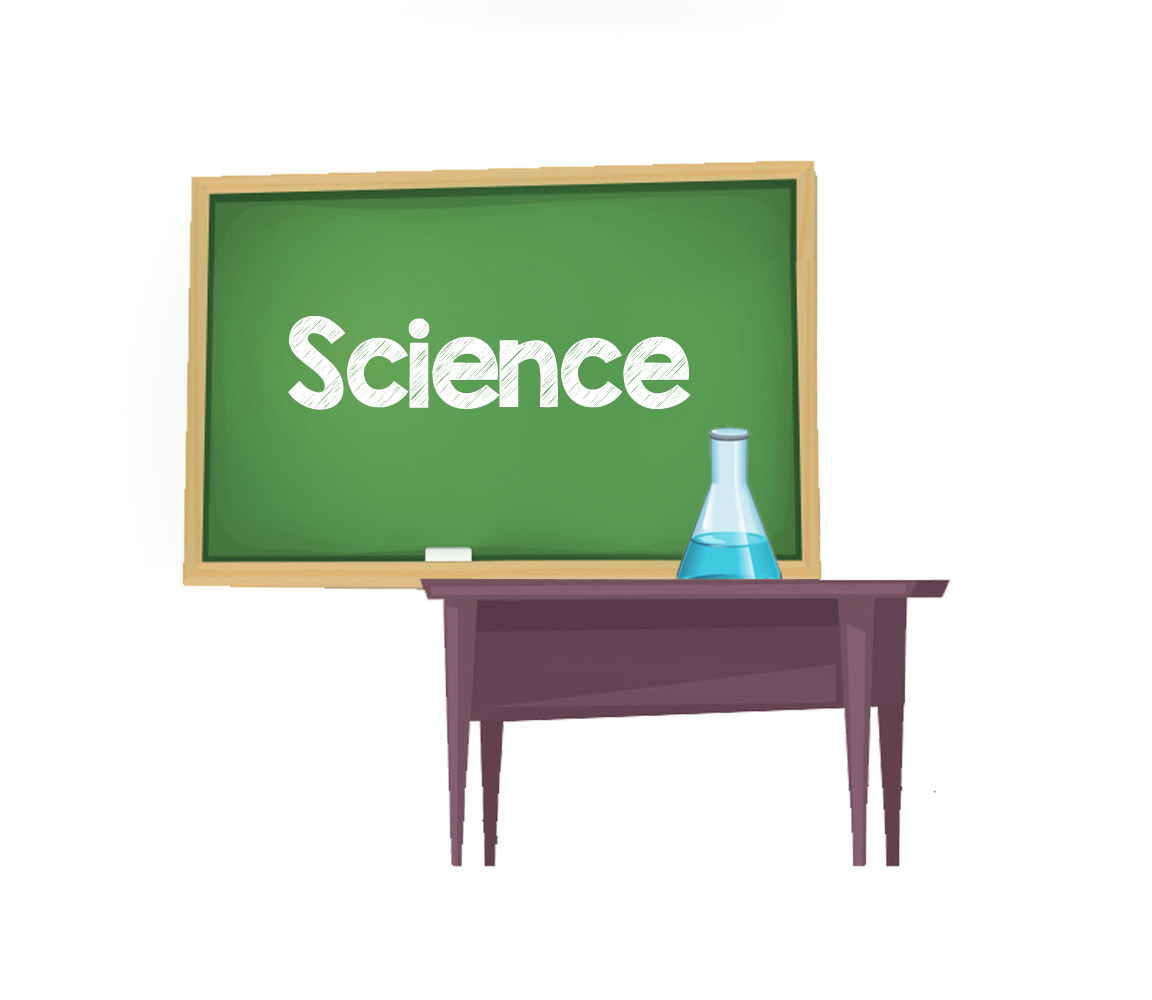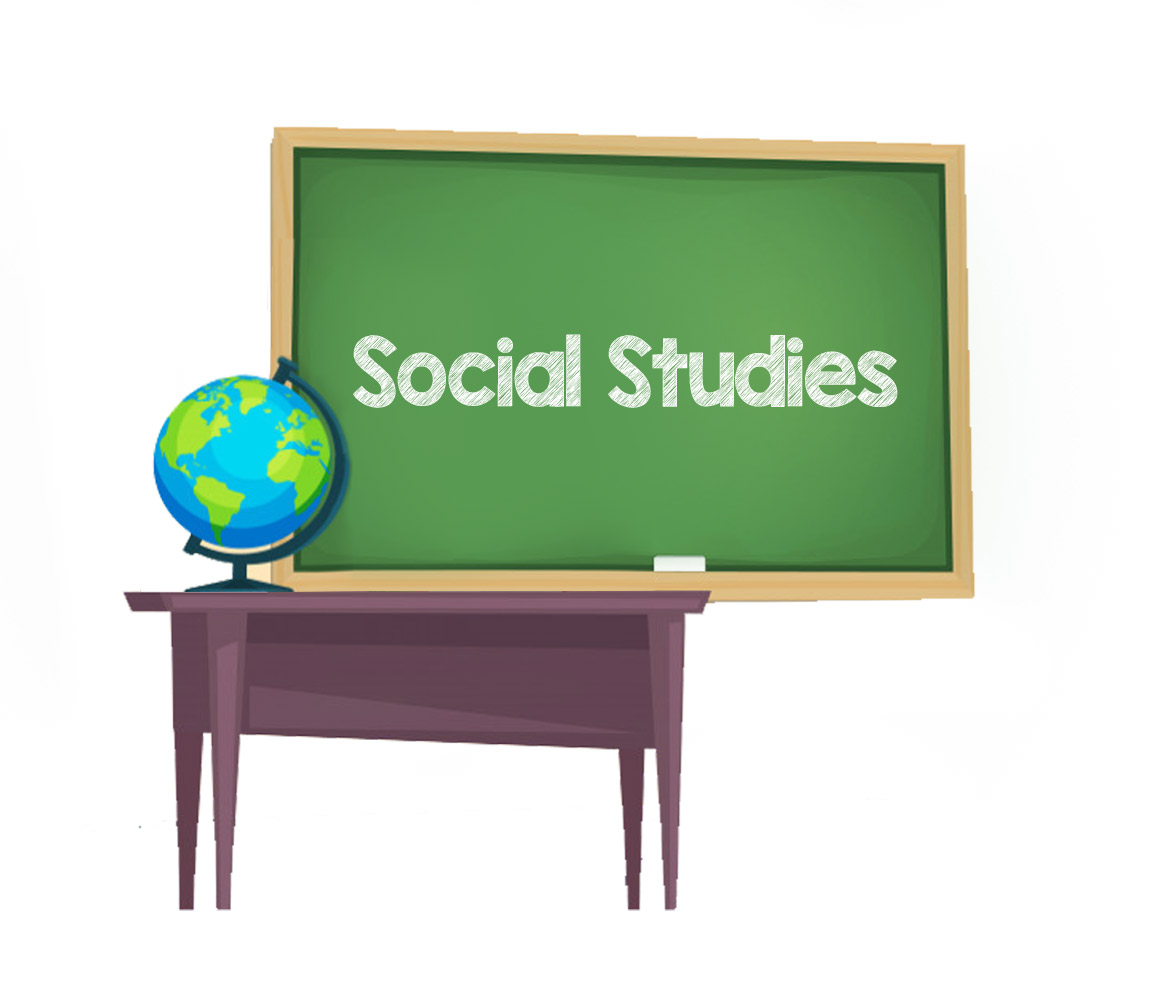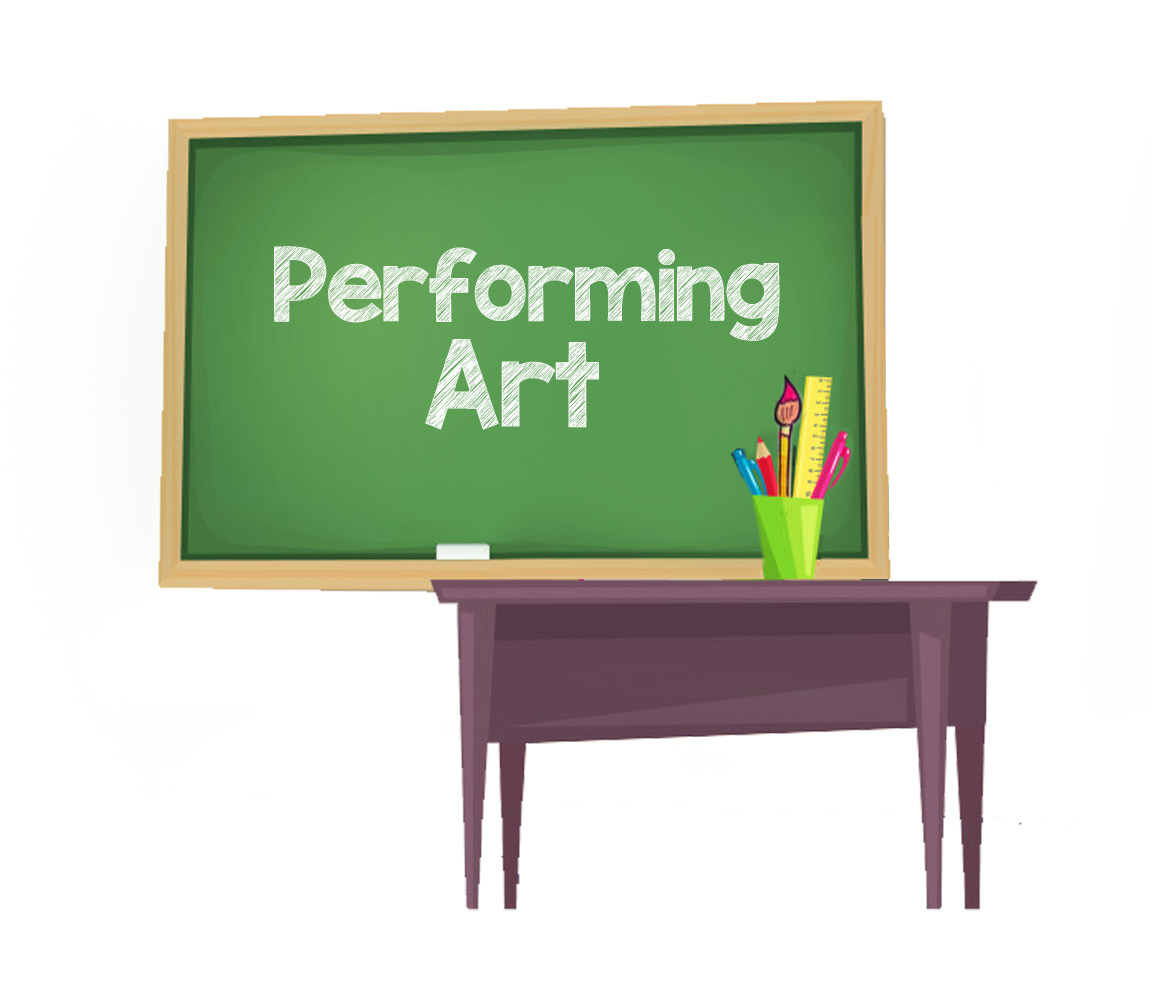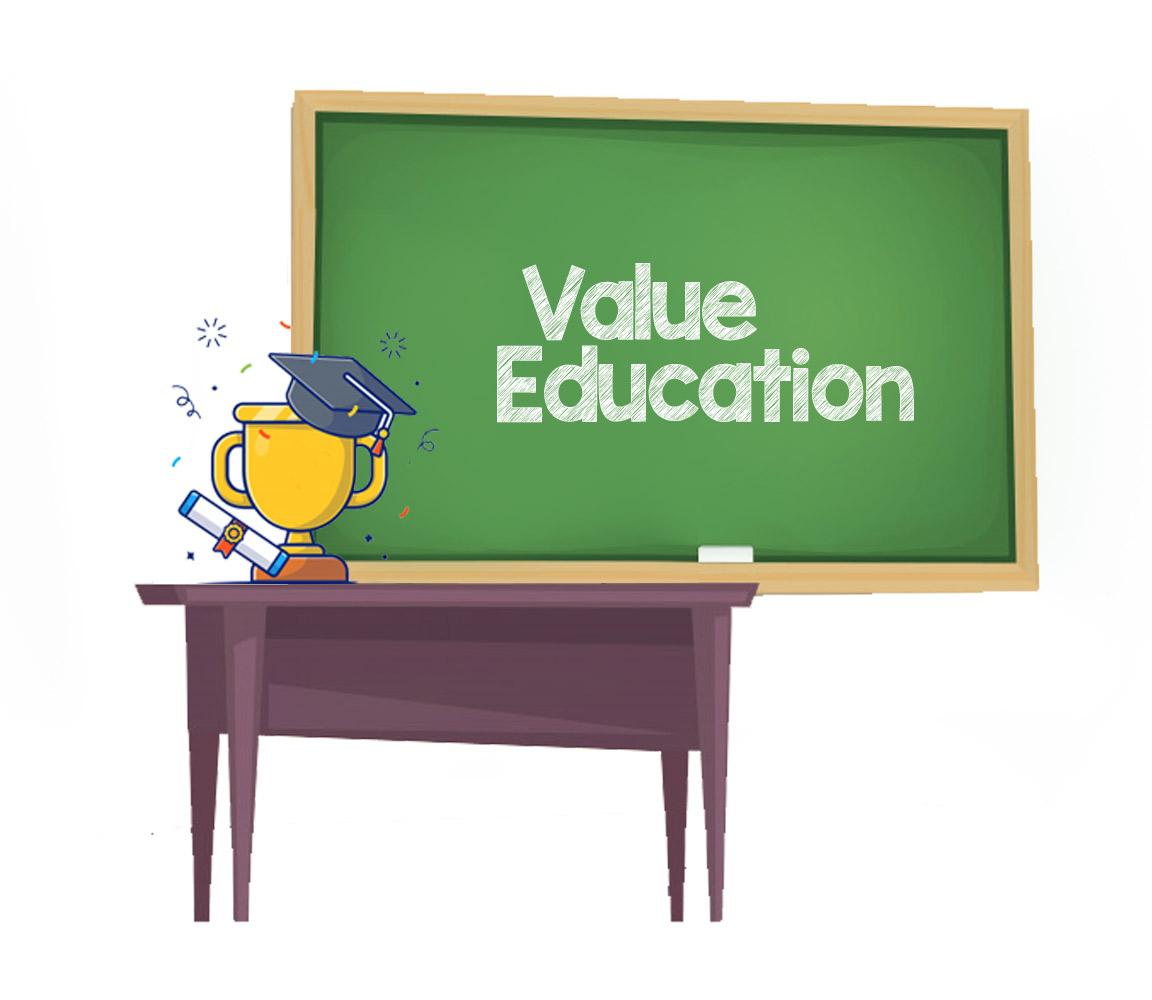Introduction to School Philosophy
At the hypothetical level, there are four broad philosophical thoughts that apply to our education today. They are idealism, realism, pragmatism (sometimes called experientialism), and existentialism.
Philosophy in Language
At PEC, we believe that language is essential to all learning. All teachers are considered to be language teachers, both inside and outside the classroom. Language learning refers not only to the learning of a specific language, but also exposure to the culture, achieved through reading, if it be foreign, like English. We provide a strong, challenging curriculum that is inquiry-based and incorporates all areas with relevance to literacy: Oral, Written and Visual. Literature exposes students to different cultures, perspectives and narratives. This kindles the creativity and expression and makes them to pursue new lines of reasoning and deeper thought processing. Through language, our students develop the ability to communicate and collaborate which is so essential these days. They are trained to express themselves confidently in speech and writing.

Philosophy in Science
The children grow up in an increasingly technological and scientifically advanced world. They need to be techno-savvy and be aware of scientific concepts and trends to succeed. To this end, we give them ample exposure and give opportunities in school and outside, through demos, quizzes and hands-on learning. We at PEC, teach the students how to think, learn, solve problems and make informed decisions. The laboratories give the students opportunities to conduct experiments and they observe them and thus draw inferences. These result in improved probing skills. These skills are integral to every aspect of a student’s education, as we mould them for their careers and calling.

Philosophy in Social Studies
Social studies are important because students hold “formative and tentative beliefs” about the world they live in. Social Studies allow students to look at multiple sources of evidence such as articles, documents, diary entries, and other forms of media that will help them either to reinforce those beliefs or encourage them to explore other perspectives. We encourage our students to be open-minded and be tolerant to others’ ideas and assertions.
Students are taught to explore a variety of media sources that will teach them how to synthesise information and make connections—ultimately, reflecting upon what they have learned. This type of learning and thinking will help students be constantly aware of the world they live in and Man’s place in the scheme of things, which is essentially the goal of teaching Social Studies.

Philosophy in Performing Art
The importance of performing arts in education cannot be overemphasised, but it is usually overlooked. It has been proven that students involved in performing arts are able to engage their mind, emotions, and body in ways that allow them to properly flow through real-life situations with empathy, understanding, emotional intelligence, and confidence, as well as find means of expressions of their innermost selves.
At PEC, we provide a holistic approach to performing arts, gently steering children at their formative years, as we believe it is very necessary for their emotional and physical growth and development. We are committed in giving our children healthy exposure to all forms of art from dance to drama, from singing to miming, so that they find their niche and the ways to express themselves with involvement and joy.

Philosophy in Value Education
We are committed to the emotional and spiritual well-being of the children as we firmly believe that no amount of material or intellectual success will make sense unless they are grounded with a time-tested value system. Through simple lesson plans filled with engaging stories, interesting activities and fun games, we connect with our students, and slowly nurture them to develop values and beliefs that would shape them for the rest of their lives.
In a nutshell, PEC strives for academic excellence, intellectual development, and provides opportunities for varied and wide exposure in every sphere of a child’s development, and at the same time provides a safe and healthy atmosphere to grow up into adulthood. Needless to say, our schools have become cornerstones in the holistic education of children, as we place immense importance to the basic values encompassing moral, spiritual, intellectual and cultural dimensions of education.

